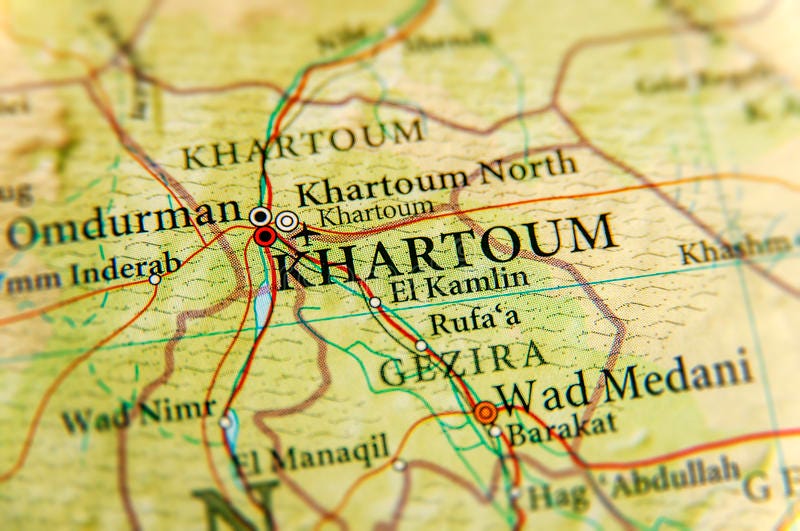On Tuesday morning, I had an out of body experience.
I woke to the sound of someone’s first-hand account of fleeing Sudan. My wife (as most days) was already up, listening to the BBC’s daily Newscast. Tuesday’s episode featured an unnamed listener who, despite being in the centre of the violent outbreaks in Khartoum, was still able to listen to the podcast, phone in, and share the story of his flight to safety.
Like most of the British media this past week, this listener had complaints about the UK government’s evacuation efforts. He’d had no internet, yet the Foreign Office instructions to get to the relevant airfield in Khartoum had only been published online. “Why couldn’t they send an SMS?” he asked.
Elsewhere, The Guardian criticised the UK for being at “the back of the queue” in evacuations, and reported criticism of the decision to evacuate embassy staff ahead of civilians. With phone and internet connections down, the government has struggled to contact people. Of the 4000 British passport holders in Sudan, only 2000 or so have registered online with the Foreign Office.
Thankfully a ceasefire seems to be holding, and evacuations are now underway. But a difficult question is still being answered: how do you rescue 4000 people from a war zone on the other side of the world?
Many people seem to think the answer is “with relative ease.” There is a sense that, surely, in 2023, we should be able to contact people wherever they are and extract them easily enough.
Yet this is not the reality. Consider The Guardian’s description of how British embassy staff were evacuated:
Criticism in Britain had mounted on Monday following the rescue of 24 embassy staff in a risky operation that involved elite forces, probably from the SAS, picking them up in Khartoum and taking them to Wadi Seidna since no evacuation had been offered to the 2,000-plus other stranded Britons.
“Risky operation”, “elite forces”, “SAS”. This is, quite frankly, the Real Deal. It is not the same as getting holidaymakers home from Malaga when a budget airline has gone bust. If it was a close call for the SAS to rescue just 24 people, what do we imagine that rescuing 2000+ will be like?
Criticism of the British evacuation efforts, it seems to me, arises from something I’ve discussed previously at The New Albion: our status as a technological society. This is not just to say that we are a society with a lot of technology, but that we are one in which our entire view of the world is shaped by technology. Every situation is imagined in technological terms; we assume every problem can be reliably remedied by technological intervention.
Keep reading with a 7-day free trial
Subscribe to The New Albion to keep reading this post and get 7 days of free access to the full post archives.



